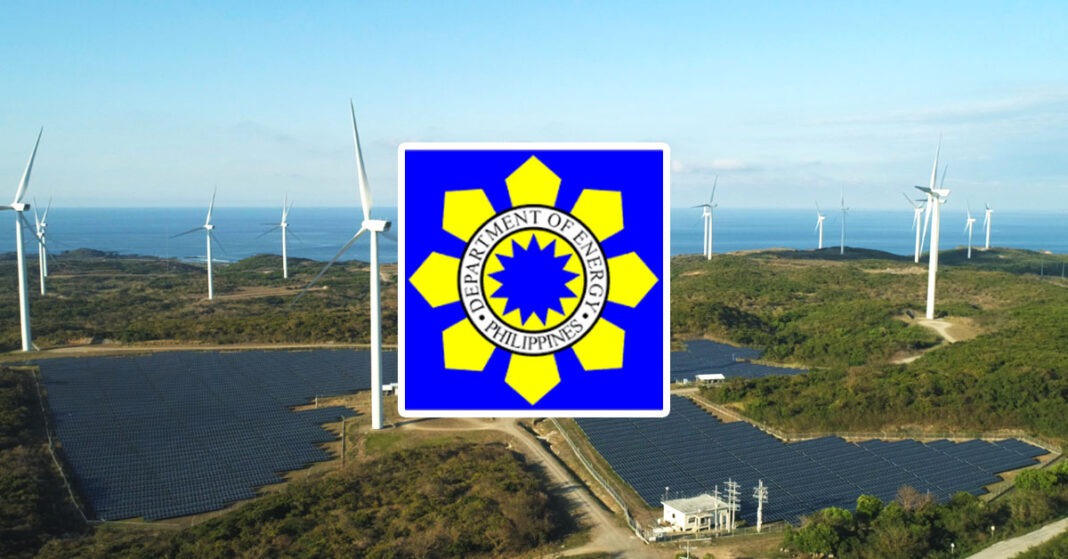After making substantial strides in transitioning to renewable energy (RE) in the past two years, the Philippines has ascended six positions to secure the 4th spot, trailing only behind India, China, and Chile for clean energy investments.
The BloombergNEF Climatescope 2023 report reveals that among 110 emerging economies, the Philippines ranks as the 4th most appealing destination for renewable energy investments in developing economies.
On top of that, the Philippines is the sole economy to recently join the top four, securing a current ranking six places higher than its previous position of 10th last year.
The countries comprising the top 10, following the Philippines, include Brazil, Croatia, Turkey, Colombia, North Macedonia, and Romania.
The report, issued on November 29, 2023, singles out the Philippines as one of the few countries that have adopted various strategies such as auctions, feed-in-tariffs, net metering schemes, and tax incentives, coupled with a robust renewable energy target. The report also emphasizes the success of the Department of Energy’s (DOE) second green energy auction, awarding 3.4 gigawatts (GW) of renewable energy capacity. Among these, 1.2 GW is allocated for ground-mounted and rooftop solar projects and onshore initiatives for 2024 to 2025, with an additional 2.2 GW set for 2026.
According to BloombergNEF, “The market has now run two renewable energy auctions, and its supportive policy environment, including an ambitious offshore wind roadmap, is stimulating growth in clean energy investment.”
Department of Energy (DOE) Assistant Secretary Mylene Capongcol also mentioned that achieving these results was feasible due to collaborative efforts and a comprehensive government approach in executing energy policies and programs strongly advocated by President Ferdinand R. Marcos Jr.
In 2022, 29% of the country’s installed capacity and 22% of gross power generation come from renewable energy. The DOE aims for a 35% renewable energy share in the power mix by 2030 and 50% by 2040. In preparation for the updated Philippine Energy Plan, the DOE is initiating actions to attract investments in diverse energy technologies for the 2030-2050 power generation mix, highlighting its commitment to global energy transition.
This plan includes essential elements like implementing renewable energy sources, improving energy efficiency, promoting alternative fuels and emerging technologies, incorporating information and communications technology through advanced smart grid systems, and strengthening energy infrastructure to make it resilient and climate-proof.

